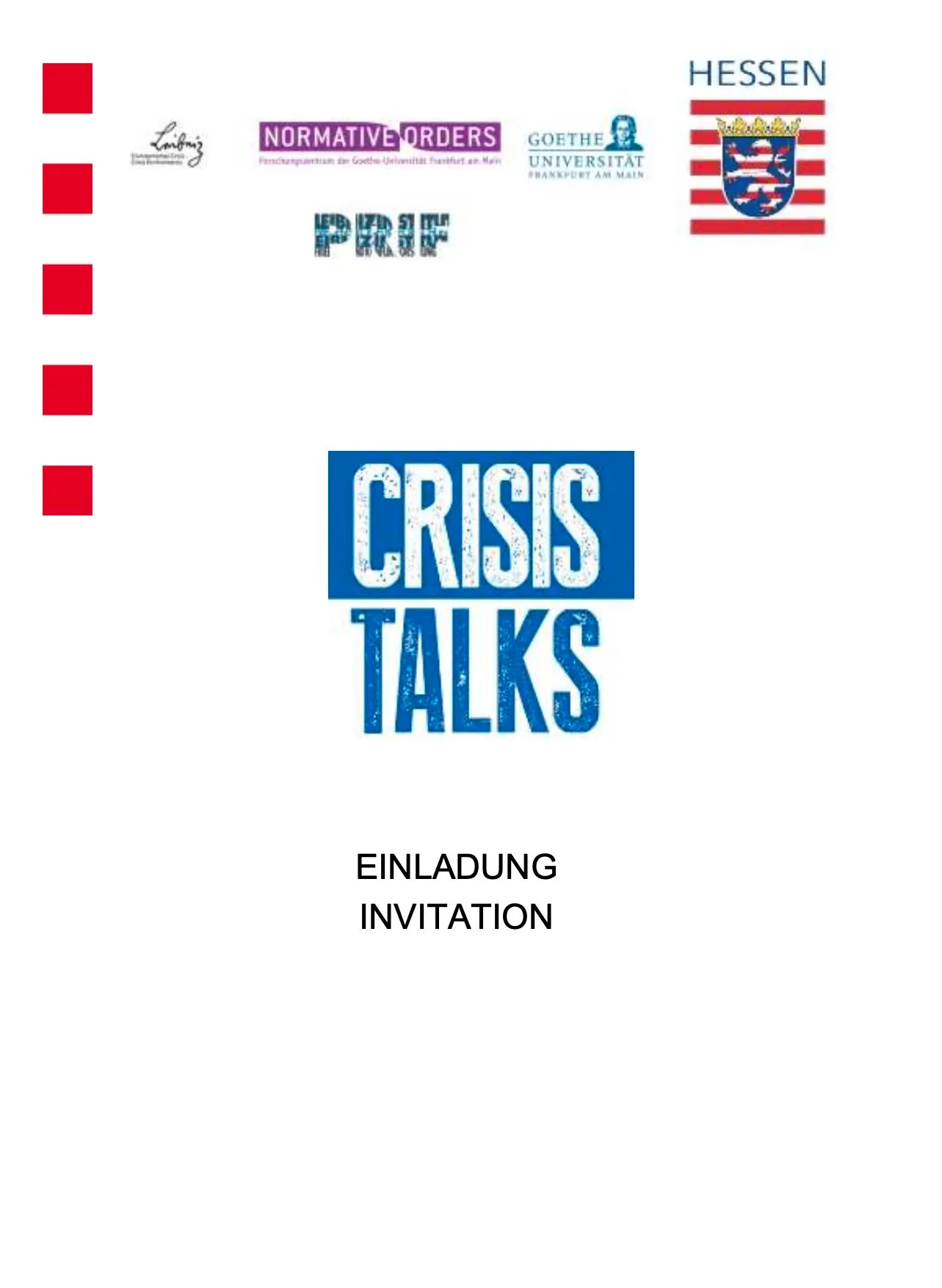European regression? On the state of democracy 100 days after the 2024 European elections
The feared landslide in favor of the extreme right failed to materialize in this year’s European elections, even though these parties made gains. Has the success of nationalist and radical right-wing positions plunged the EU into a crisis that has recently often been described as an (anti-)democratic regression in the national context? 100 days after the elections, the guests of this Crisis Talk will discuss the state of European democracy. What ways can the EU institutions find to restore citizens’ trust in the European institutions? How can we succeed in replacing nationalist slogans with common, rational problem-solving in people’s minds?
Program
Greeting
Parinas Parhisi, Head of Unit Shaping the Future of the EU, Representation of the State of Hesse to the EU
Stefan Kroll, PRIF
Impulse
Rainer Forst, Professor of Political Theory and Philosophy and Director of the “Normative Orders” Research Center at Goethe University
Panel discussion
Rainer Forst
Katarina Barley, Vice-President of the European Parliament
Sven Simon, Member of the European Parliament
Moderation: Rebecca C. Schmidt, Managing Director of the Research Center Normative Orders
Crisis Talks of the Leibniz Research Network “Environmental Crises – Crisis Environments”
Crises have historically been an important driver of change and progress in the EU. In crisis situations, the EU, which is characterized by great heterogeneity and geared towards consensual opinion-forming, has so far mostly been able to create common perceptions, overcome blockades and shape integration. In the Crisis Talks series, the Leibniz Research Network “Environmental Crises – Crisis Environments” explores the question of how Europe should deal with its current and past crises.



